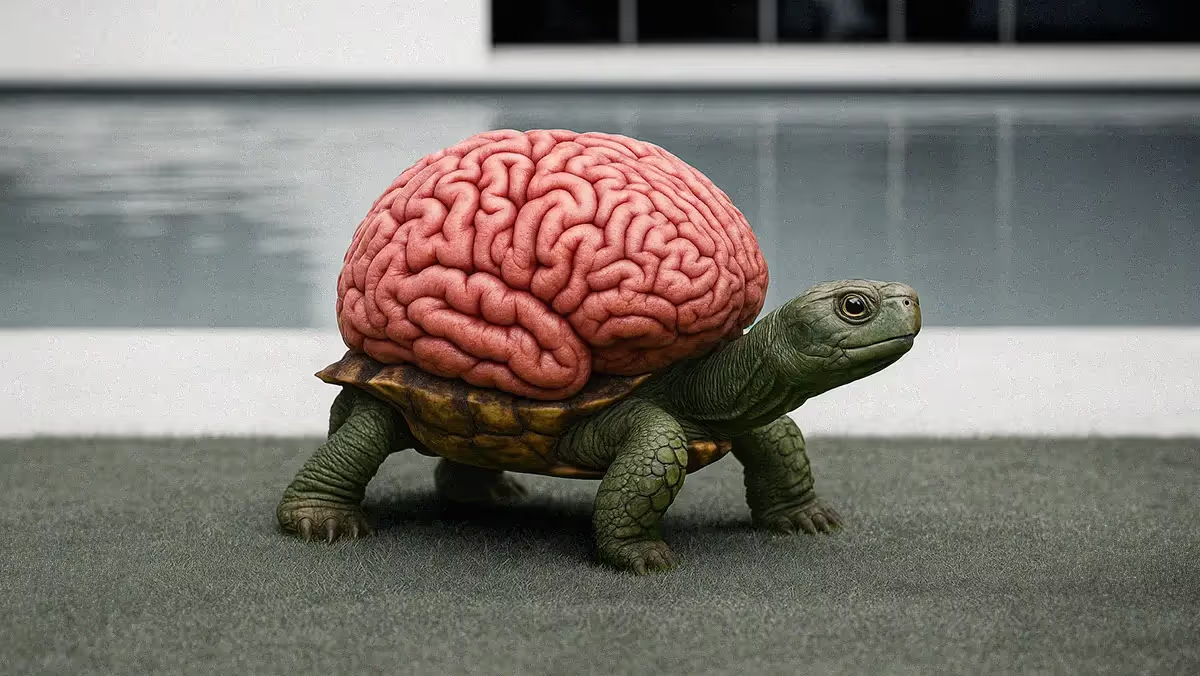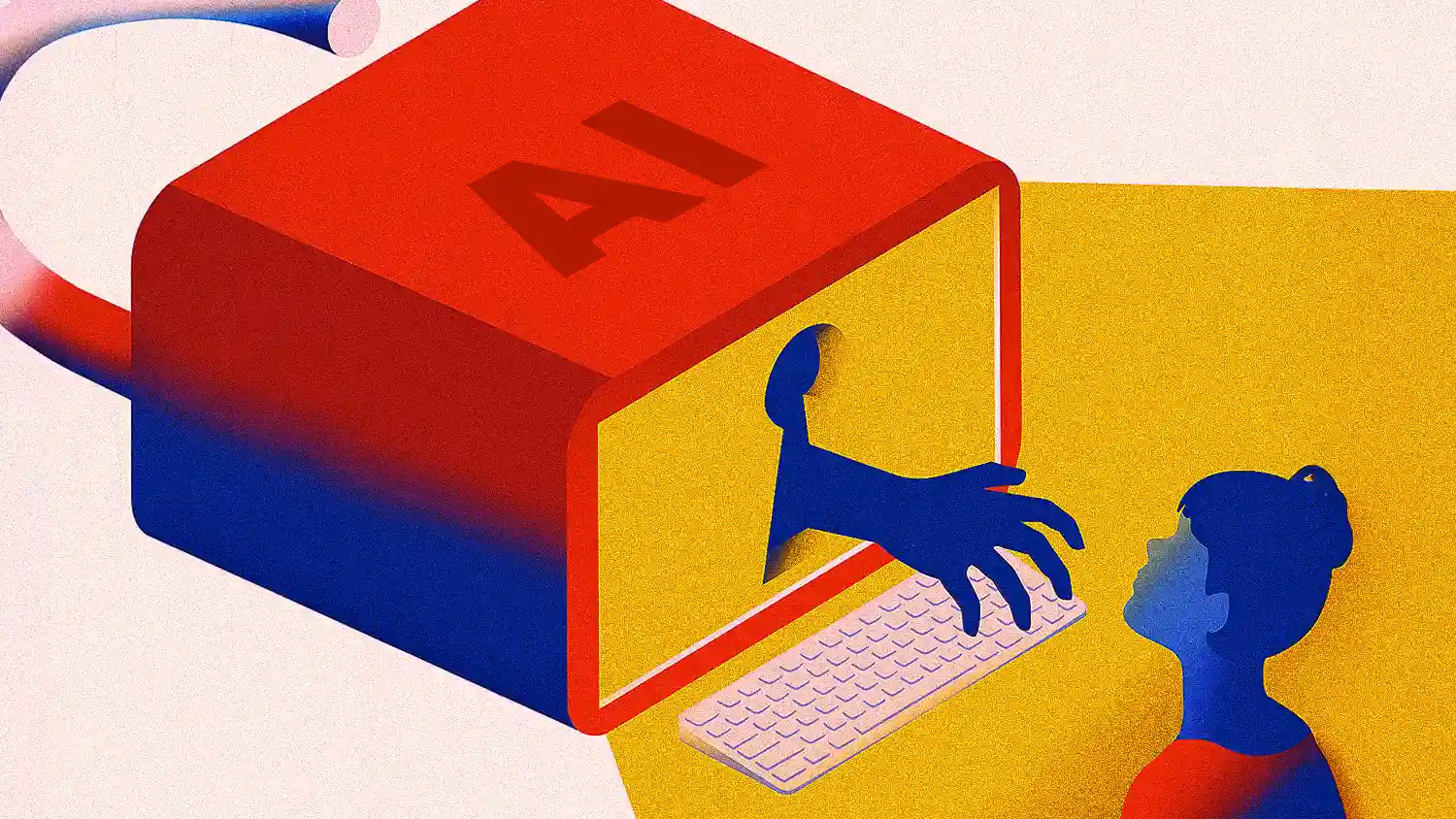Escaping the echo chambers of homogenized thought as AI models converge and innovation falters
Technology lawyer Roy Hadley warns that AI models trained similarly create echo chambers, stifling diverse thinking.

Artificial intelligence is speeding ahead, straight into echo chambers. As companies rush to the same models, AI is erasing originality and collapsing innovation into conformity.
Roy Hadley, Technology Lawyer at Morris, Manning & Martin LLP, brings deep experience as a former general counsel and Chief Privacy Officer. He offers a stark warning about AI’s accelerating sameness, and the quieter risks that could undercut innovation from within.
Echoes of sameness: "The concern is that if AI models are all being trained the same, you’ll get that homogeneity of thought—creating echo chambers where if one model says it’s right, others will follow, and we’ll start to miss a lot of innovative thinking," Hadley warns. He draws a parallel to rigid learning systems: "If you teach everybody the same thing and make them learn the same thing and recite the same thing, they’re going to think the same."
This risk grows as companies rush to adopt the same handful of foundational agents for critical tasks like engineering. The result? Startlingly similar outputs and a narrowing of what’s possible. "The great thing about the U.S. education system was diversity of thought, and that made us better innovators," Hadley says. Without that same diversity in AI training, he argues, originality may quietly disappear.
The concern is that if AI models are all being trained the same, you’ll get that homogeneity of thought—creating echo chambers where if one model says it’s right, others will follow, and we’ll start to miss a lot of innovative thinking.
Some things can't be trained: How do businesses protect true creativity and maintain a competitive edge when AI tools risk fostering this homogeneity? For Hadley, the answer lies in recognizing the irreplaceable value of unique human experiences. "Companies are going to have to be mindful of this rush to AI everything," he cautions. "You’re going to want that 20- or 30-year-old who rode the bus to work this morning, saw someone struggling with their laptop, and had real-world interactions. That person might say, 'What if we tried XYZ? I saw someone dealing with this exact issue'—and that sparks a new idea."
An AI agent isn't going to see that. "They don't have the human experiences that make them think about things a little bit differently," says Hadley. Ultimately, he advises, "AI is a tool, not the end game. It needs to be managed effectively by humans to get the desired innovative outcomes."
Wanted: federal law: "We're in a regulatory wild west with AI, and without federal guidance, states are stepping in," Hadley says. "The real danger is that companies could soon face 50 different AI laws." Unlike breach notifications which follow a shared baseline, these new laws vary wildly, from health data to algorithmic risk scores. "It’s going to be incredibly difficult for companies to navigate this patchwork, and it does stifle innovation."
Hadley argues that effective regulation must stay high-level to keep pace with rapid change. "You need a framework document that gives broad parameters and concepts, much like the U.S. Constitution, because these technologies and models are evolving so rapidly."
.svg)


